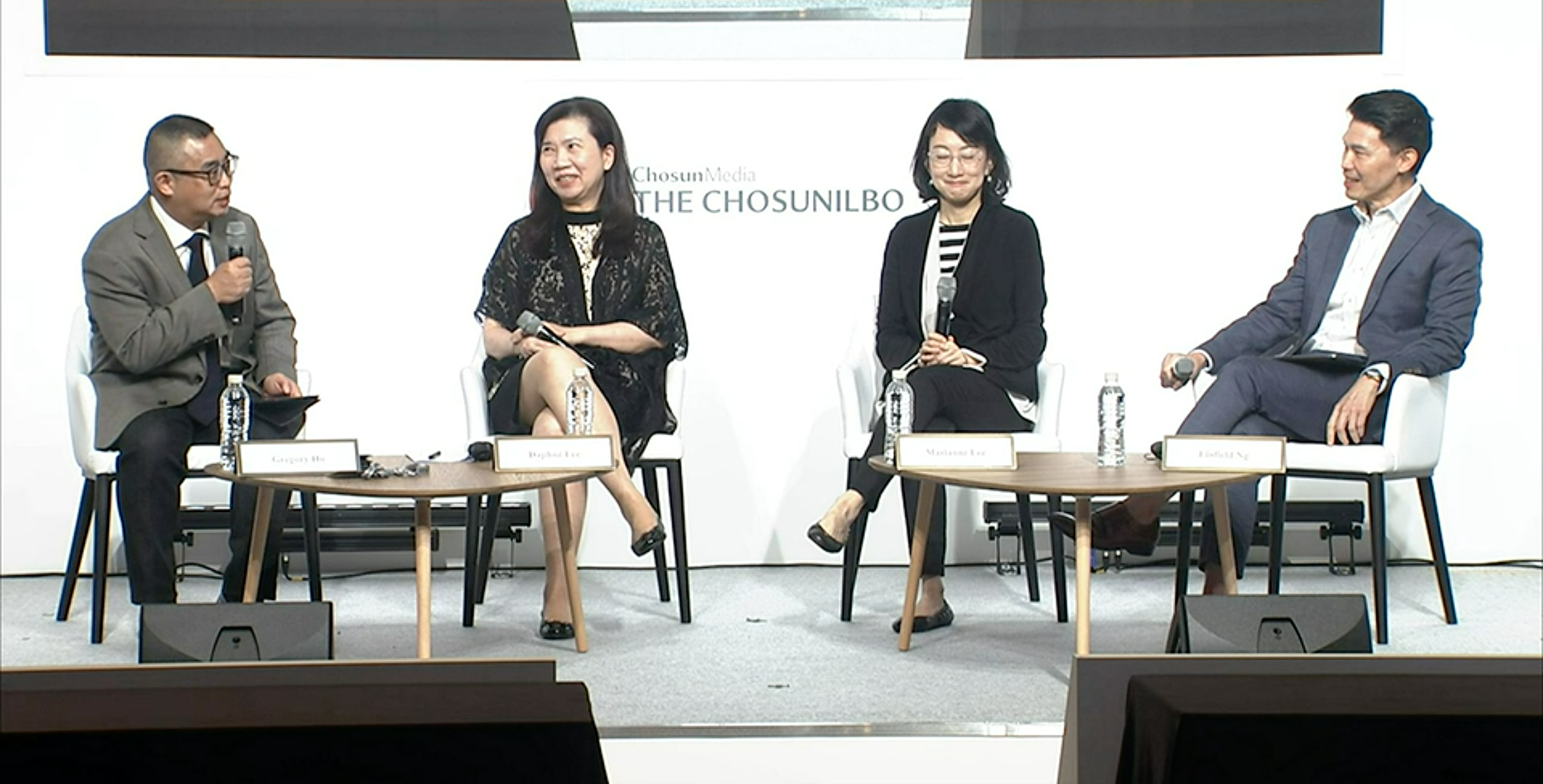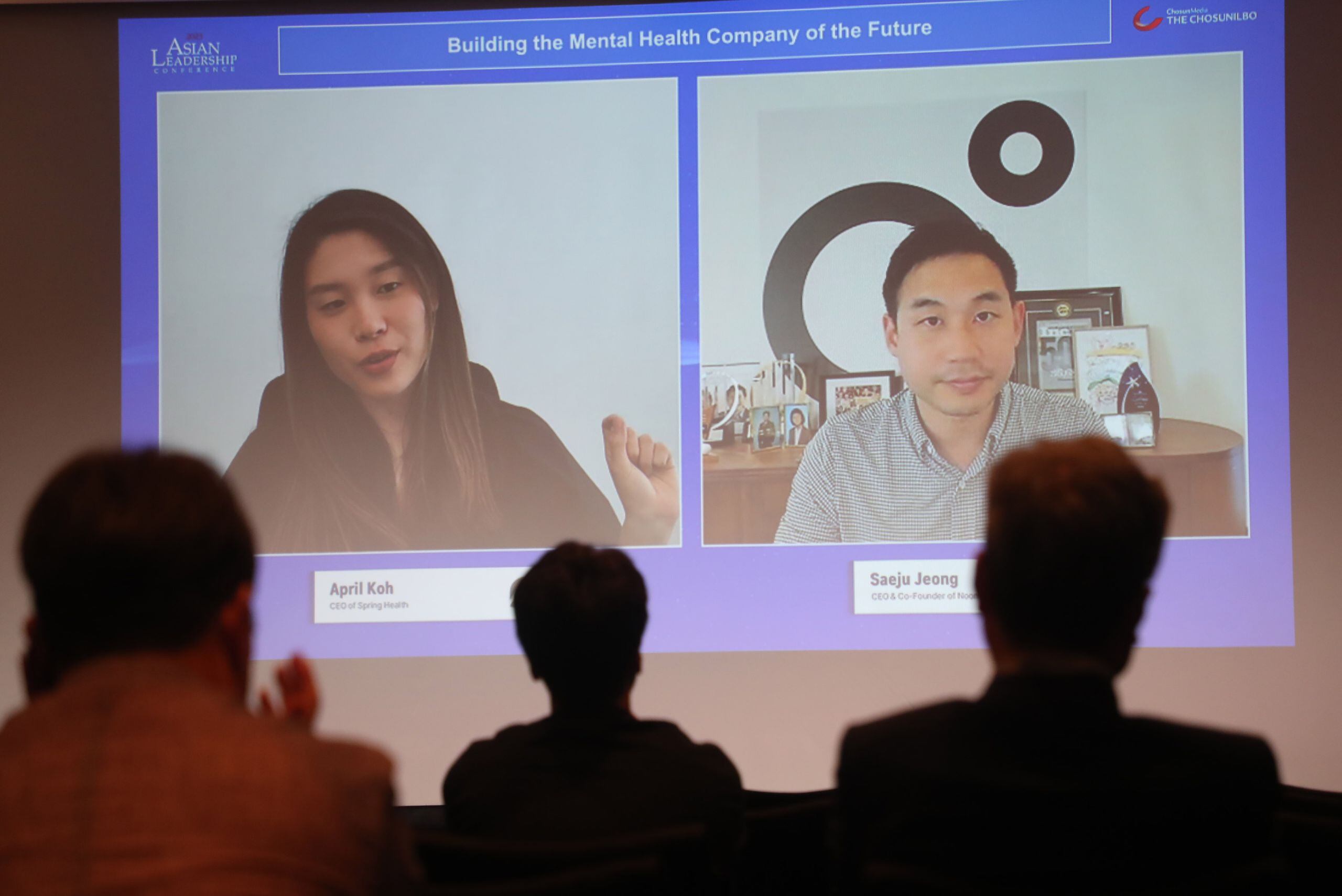The 14th Asian Leadership Conference (ALC), held on the 18th, concluded with a seminar titled “An Era of Flux and Transition – the Future of the Asian Content Industry”. Despite the downturn in content investment, the unwavering strength of Asian productions became the focal point of discussion. Following the groundbreaking success of last year’s Netflix drama “Squid Game,” which became the first non-English series to win an Emmy, Asian actress Michelle Yeoh made history in March by becoming the first recipient of the Academy Award for Best Actress from the Asian community. Attendees of the seminar expressed unanimous agreement that while content investment may be experiencing a slump, Asian productions would continue to be an exception.
Gregory Ho, Vice President Corporate Communications and Marketing of Warner Bros. Discovery, responsible for society, commented on the situation, stating, “Although Netflix is reducing its content investments, they appear poised to allocate substantial resources to Korean productions. This can be attributed to the international recognition gained by Asian content, such as ‘Squid Game’ and ‘Physical 100’.” Linfield Ng, Vice President of Format Distribution and Production of Asia, NBCUniversal Media, highlighted the enduring appeal of the Asian market, saying, “Asia has maintained its position as an extremely captivating market for several years.”
The discussion also touched upon the recent success of the Netflix series “Move to Heaven,” which featured a significant number of Korean-American actors, including Steven Yeun. Daphne Lee, Vice President of Taiwan Mobile’s New Media Service, emphasized that the triumph of content produced by independent studios, as opposed to major production companies, serves as a testament to the disruption of traditional norms. Lee further stated that fruitful collaborations with diverse studios, enabling reasonable costs, facilitate long-term growth opportunities for companies. Addressing concerns about reduced content investments and potential budget constraints, Marianne Lee, Chief of Content Acquisition and Development of the streaming service ‘Viu,’ offered her perspective, stating, “The key lies not solely in the budget, but in effectively allocating resources based on the target audience. A recent example is the Taiwanese drama ‘The Penthouse,’ featuring Song Joong-ki, which garnered significant popularity. By discerning viewers’ preferences, crises can be transformed into opportunities.
Despite the downturn in content investment, the overwhelming success of groundbreaking shows like “Squid Game” and “Move to Heaven” has solidified Asian content’s international recognition. The seminar participants unanimously agreed that while the industry may face challenges, Asian productions would continue to thrive. The enduring appeal of the Asian market and fruitful collaborations with independent studios were highlighted as catalysts for growth and opportunities. As Marianne Lee, aptly put it, by understanding viewers’ preferences, the industry can transform crises into opportunities. The future of the Asian content industry is bright, promising, and poised for even greater achievements in the years to come.
Learn more about the Center for Asia Leadership’s programmes in strategic foresight and adaptive leadership here at bit.ly/lead-asia.
What is your response to the rapid pace of change around us? The best response is to learn and adapt. Here is how we can help your organization adapt to ongoing disruptions and thrive amid challenging times through our Adaptive Leadership Signature Program that addresses the past culture, while building the teams’ capacity to create a new future.



